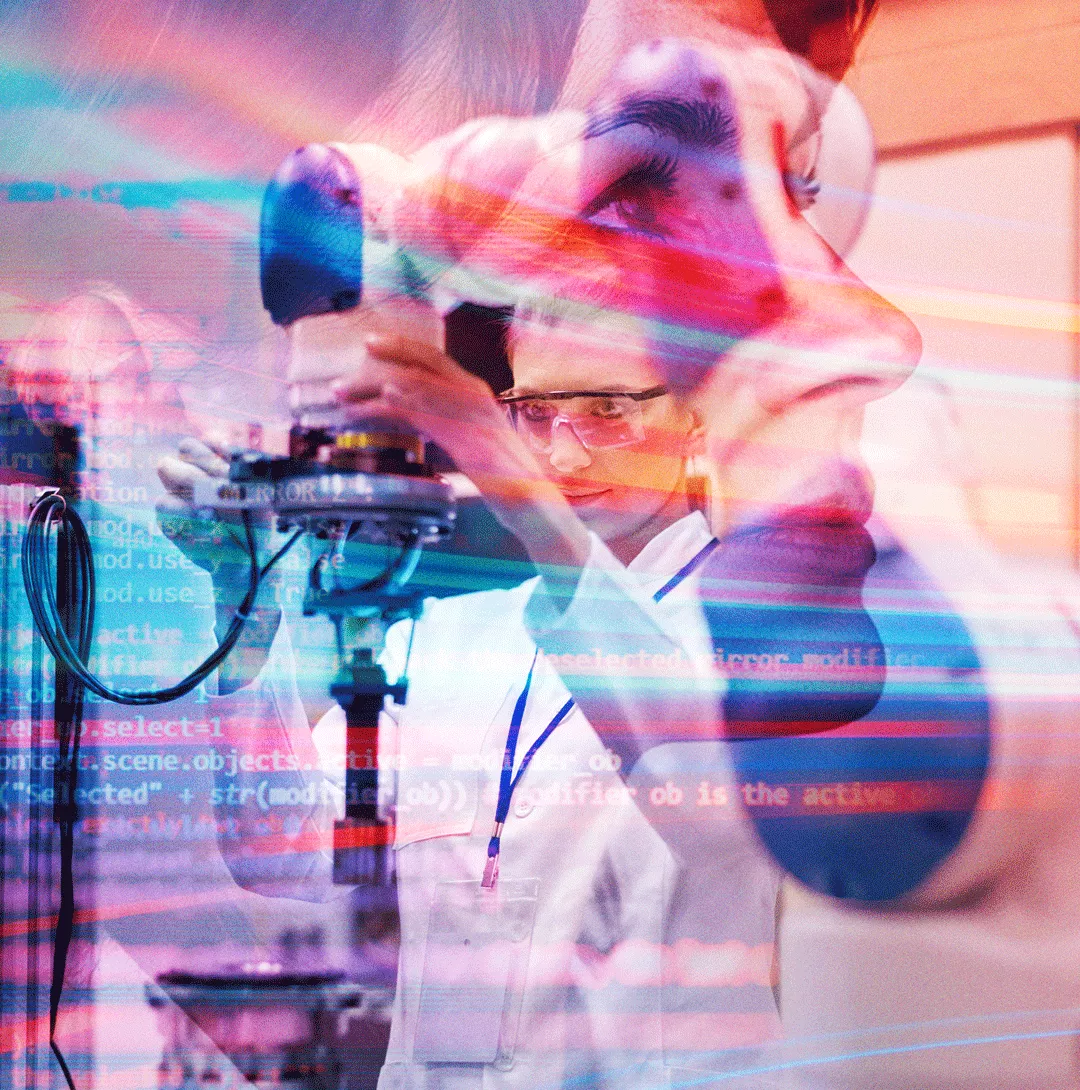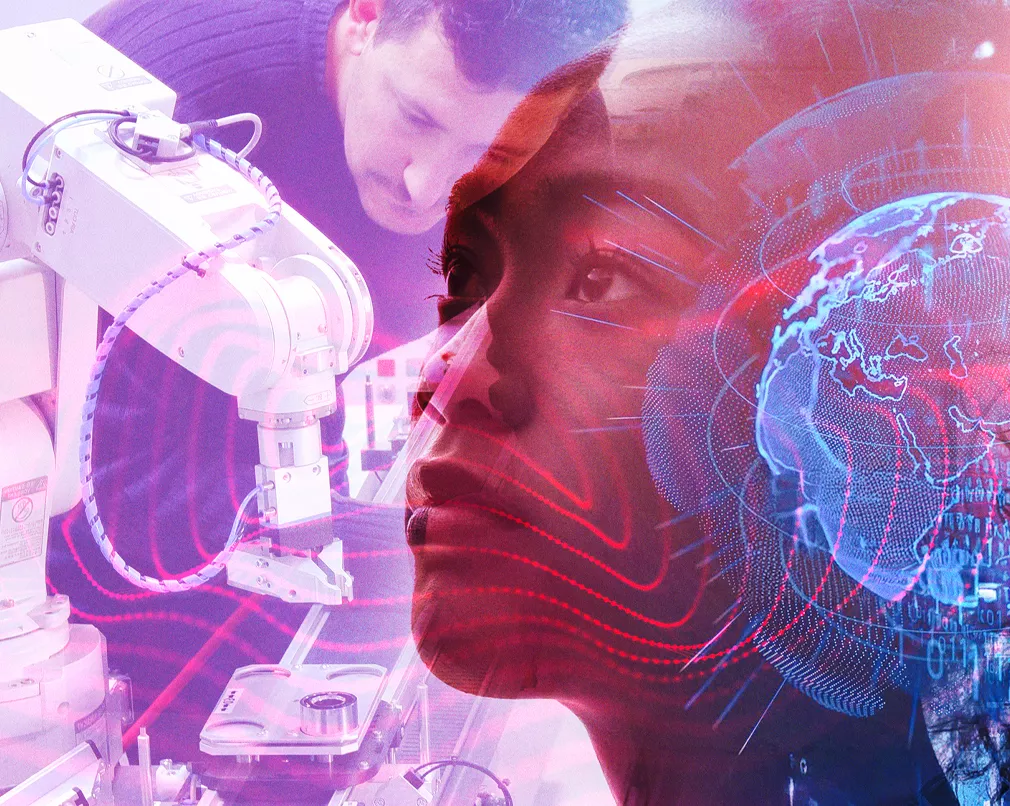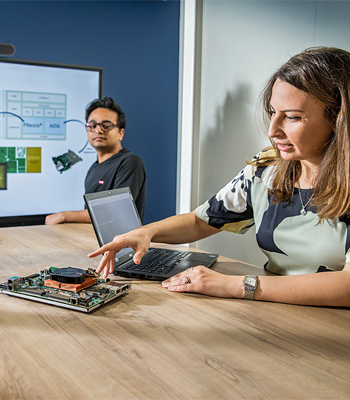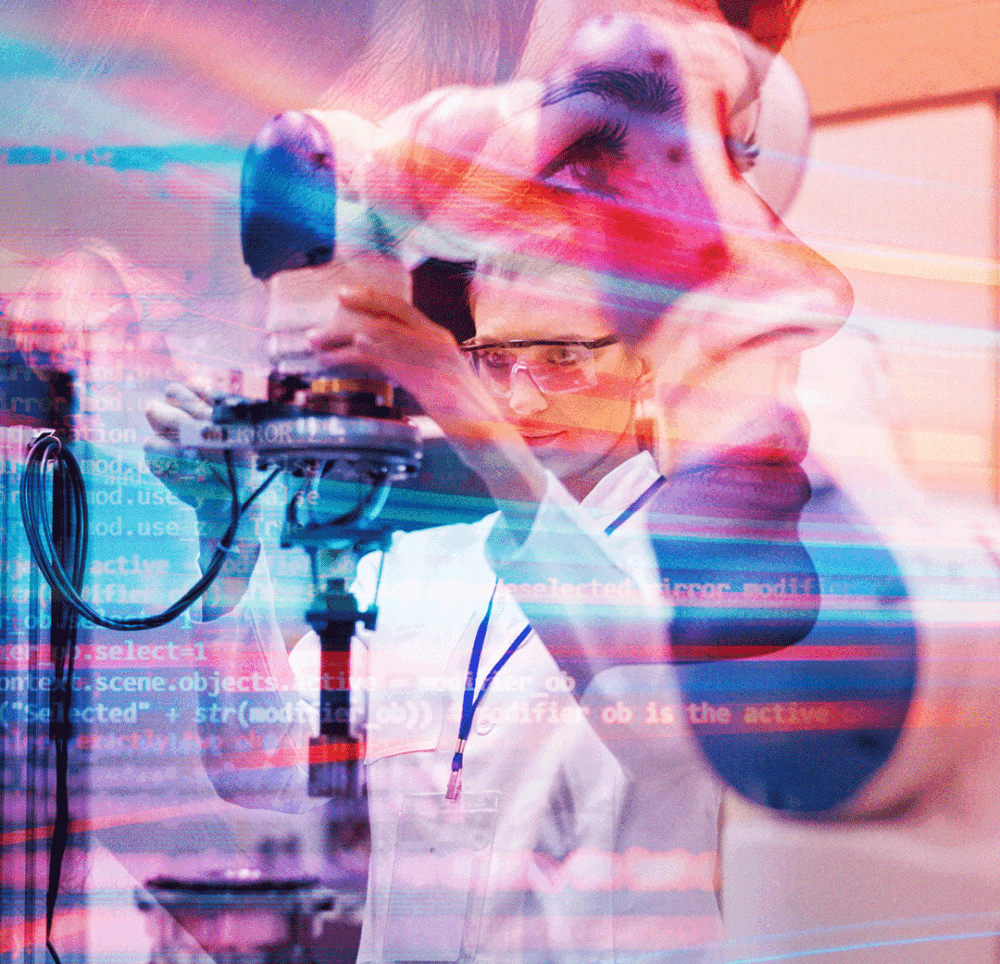The United States’ sudden and radical policy changes—and the resulting shift in transatlantic relations—mark a turning point. There is no longer any question as to Europe’s need to establish strategic sovereignty, especially in security and defense and in digital. And the issue extends well beyond European security and defense: our dependence on US technology has never been felt as strongly as now. Europe has been talking about sovereignty since the Covid-19 pandemic. However, not even in our wildest dreams would we have guessed that a threat, not from a virus, but from one of Europe’s historic allies, would bring such a new and vital urgency. The year 2024 and, more specifically, CEA-List’s results, which I encourage you to discover in the following pages, must be viewed through this new lens.
Our people are committed to making scientific and technological advances in service to research and to society. It is their passion and determination, which, day after day, yielded remarkable results in 2024. In AI, for example, the first open-source software platform for embedded AI, AIDGE, was released. Significant advances were also made in generative AI, a field in which our researchers successfully established their leadership in the space of just a few months, bringing home first prize in the French military procurement agency’s LLM competition, and being selected by Thales as their trusted partner for the first-ever joint laboratory on Generative AI for defense.
Quantum computing is another area where our people drove advances. We made significant contributions to two major new programs that were launched last year: Q-Loop (a national Grand Défi project) on qubit control, and the Maison du Quantique Île-de-France, a multi-partner center for quantum, which we are coordinating. These programs are a testament to our people and their capacity to coordinate far-reaching technology projects and programs.
We also forged ahead with strategic projects this year, deploying, for example, new smart robotics resources at the Lab2Fab PRISM platform for the industry of the future, a unique research infrastructure that distills our value proposition by facilitating the transfer of CEA-List technologies to companies. The accelerated rollout of services through the AI-Matters Testing and Experimentation Facility and our reinforced position in data sharing and cloud computing provide further evidence of how CEA-List continues to gain traction.
CEA-List also continued its active participation in European projects, submitting a hundred proposals. Of the nearly 30 selected is the DECIDE project on the Chips for Europe Design Platform Coordination Team (PCT). DECIDE will lay the groundwork for the next stage in our semiconductor strategy, with Design Enablement Teams (DETs) to support companies’ chip design projects.
In 2024, we put substantial time and effort into an assessment by France’s higher education and research evaluator, HCERES, with the production of a self-assessment report. HCERES confirmed CEA-List’s mission, “…from the key enabling technologies for digital through to use cases, addressed systemically from hardware and software and from early-stage research to use cases. CEA-List’s positioning—a provider of early-stage research to support the economic competitiveness of industrial users—is unique in France.” The evaluators concluded that “CEA-List powerfully links academic research to industrial end-users.”
Another initiative we intend to pursue—this one societal—is the FRATHEA project on FLASH radiotherapy, which will revolutionize cancer treatment. The interplay between art and science is also something we aspire to. In 2024 a series of works by world-renowned artist Claude Mercier made their way into our collection, where they will spark conversations and open new doors into the world of our truth seekers—our scientists.
Lire la suite






